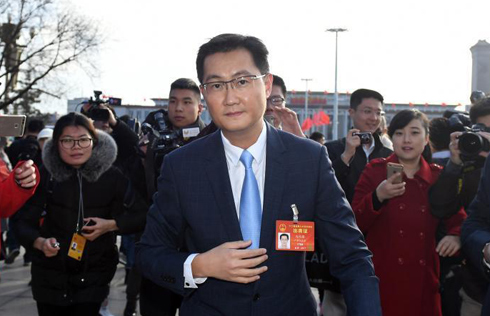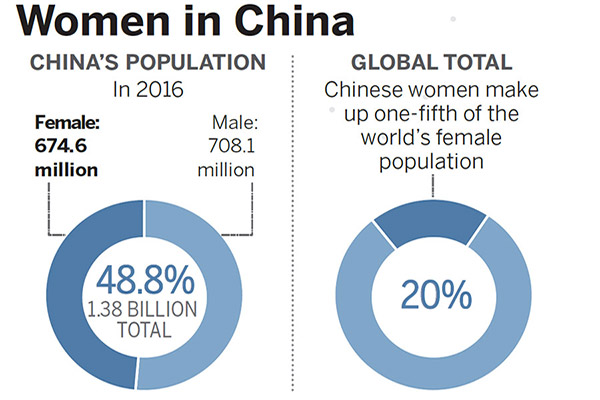No winner in competitive currency devaluation
WASHINGTON - China is watching closely the negative spillover effects of potential competitive currency devaluation, Yi Gang, deputy governor of the People's Bank of China, the central bank, said on Wednesday.
"I want to remind my colleagues and the media that we pay great attention to the negative spillover effects of potential competitive currency devaluation," Yi told reporters after attending a seminar on exchange rate arrangements hosted by the International Monetary Fund in Washington D.C.
"We do not want to see competitive currency devaluation. We hope policymakers in the world's major economies to observe a consensus reached by the Group of 20," Yi added.
"There is no winner if major economies engage in competitive currency devaluation," stressed Yi.
Yi's comments came hours after the IMF warned that extraordinarily loose monetary policies adopted by advanced economies pose increasing potential risks to the financial stability in its latest Global Financial Stability Report released on Wednesday.
Central banks in major Western economies have adopted unprecedented monetary easying measures to deal with the global fanancial crisis and to sustain a fragile economic recovery.
These measures have sometimes led to sharp depreciation of their currencies, increasing volatility in the foreign exchange markets.
Many have argued that the "cheap-money" policy adopted by the US, Federal Reserve and the Japanese central bank might fuel asset bubbles and lead to disorderly cross-border flows of speculative funds, which together will hurt global financial and economic stability in the long term.
At the seminar, Yi said that the RMB exchange rate has become more market-oriented since China activated exchange rate reform in 2005, adding that the value of RMB against US dollar has nominally appreciated by 32 percent, and the RMB real effective exchange rate calculated by the Bank of International Settlements increased by more than 36 percent since 2005.
Yi also signaled that China would further expand the RMB's daily trading band against the US dollar in the near future.
"Last year we increased the band for the exchange rate from 0.5 percent to one percent. I think in the near future we'll increase the floating band even further," said Yi.
"In China, we all do this kind of reform in a gradual manner. The direction is clear," Yi added.























